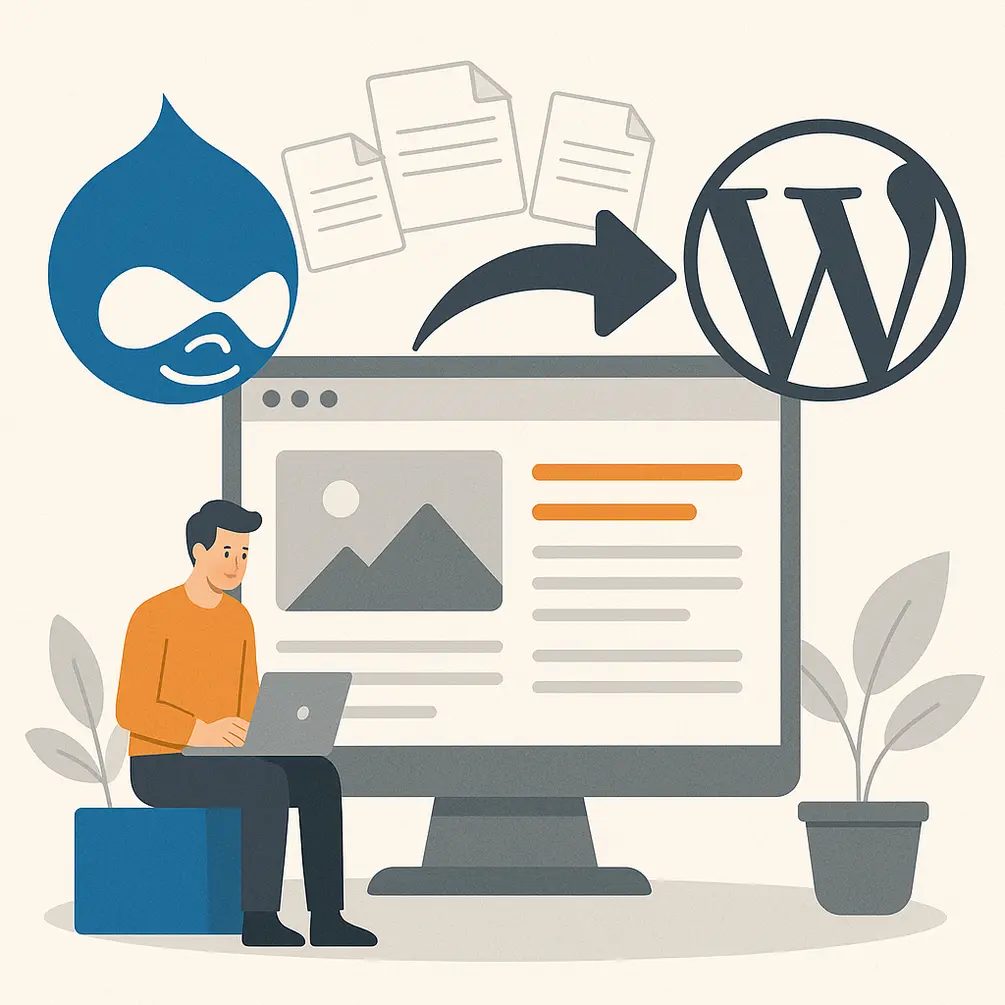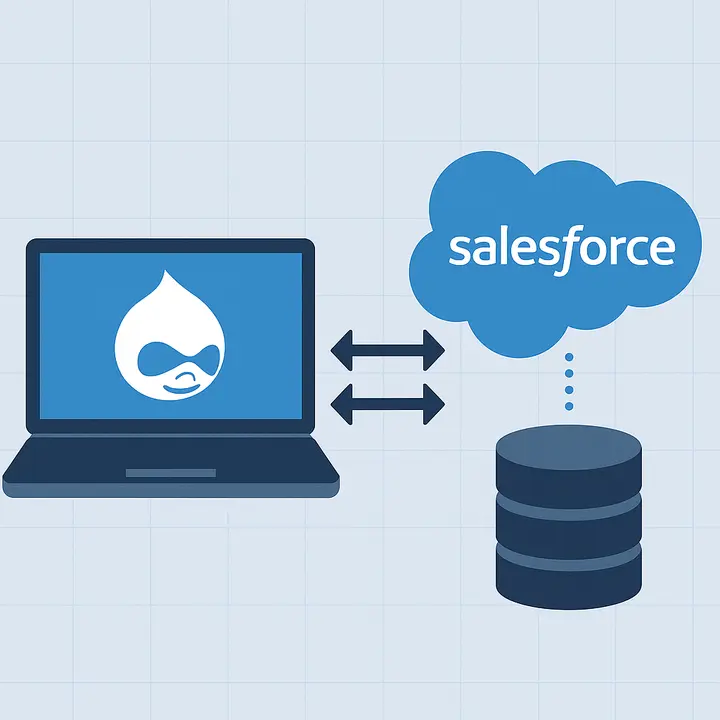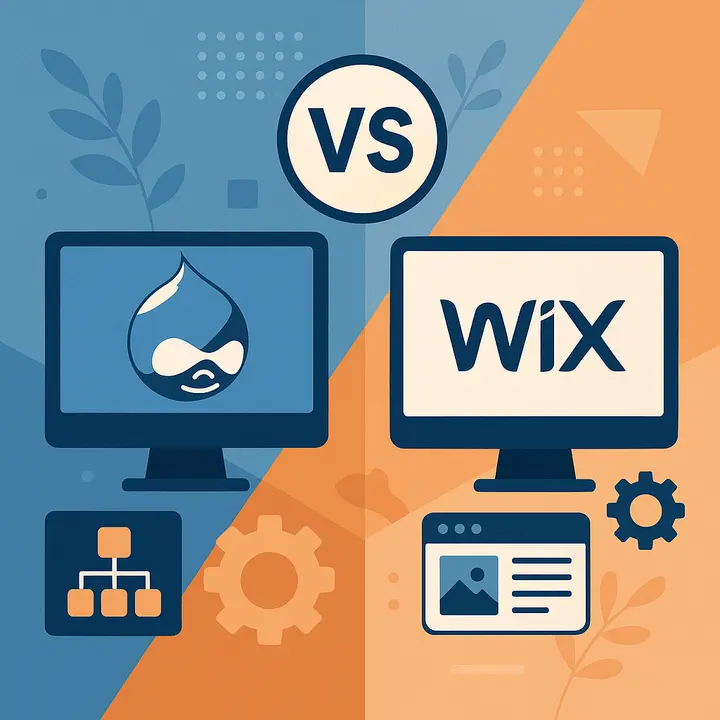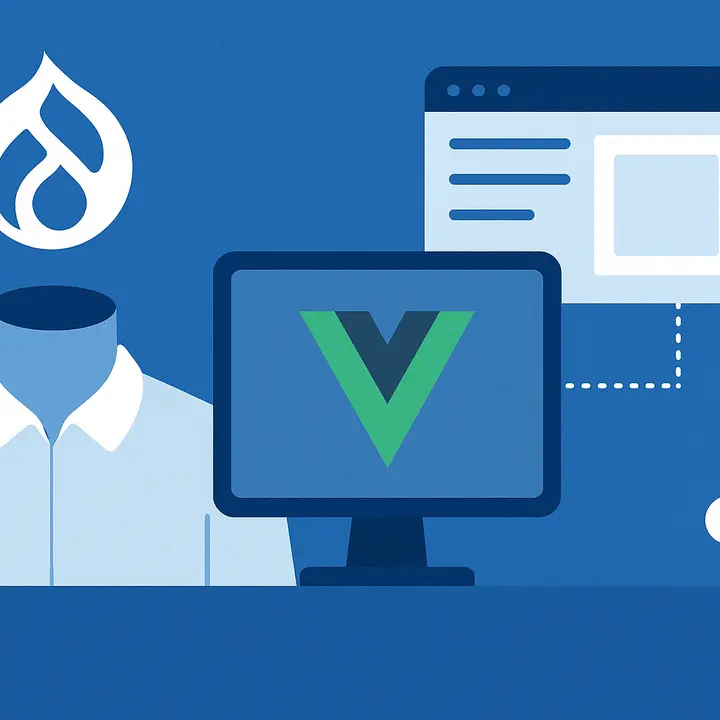Technologies are constantly advancing, meaning its old versions become outdated and insecure. To keep up with the ever-evolving digital landscape, it is crucial to monitor digital trends and update software regularly. Choosing a robust and reliable Content Management System (CMS) for your website is crucial for business success. The website’s functionality, performance, and user experience directly depend on the choice of CMS.
Over time, it is common for one software to surpass another in capabilities, meaning that it’s time to migrate your website from one Content Management System to another. While the idea of website migration might sound challenging and complex at first, it is a standard and flawless process in the world of web development.
As of 2025, Drupal and WordPress CMSs are leading the market. While both platforms offer their own set of advantages and disadvantages, there are situations where migrating the Drupal site to WordPress could be a more beneficial solution. Today, Drupfan experts explain when and why the migration from Drupal to WordPress is recommended. Stay tuned!





